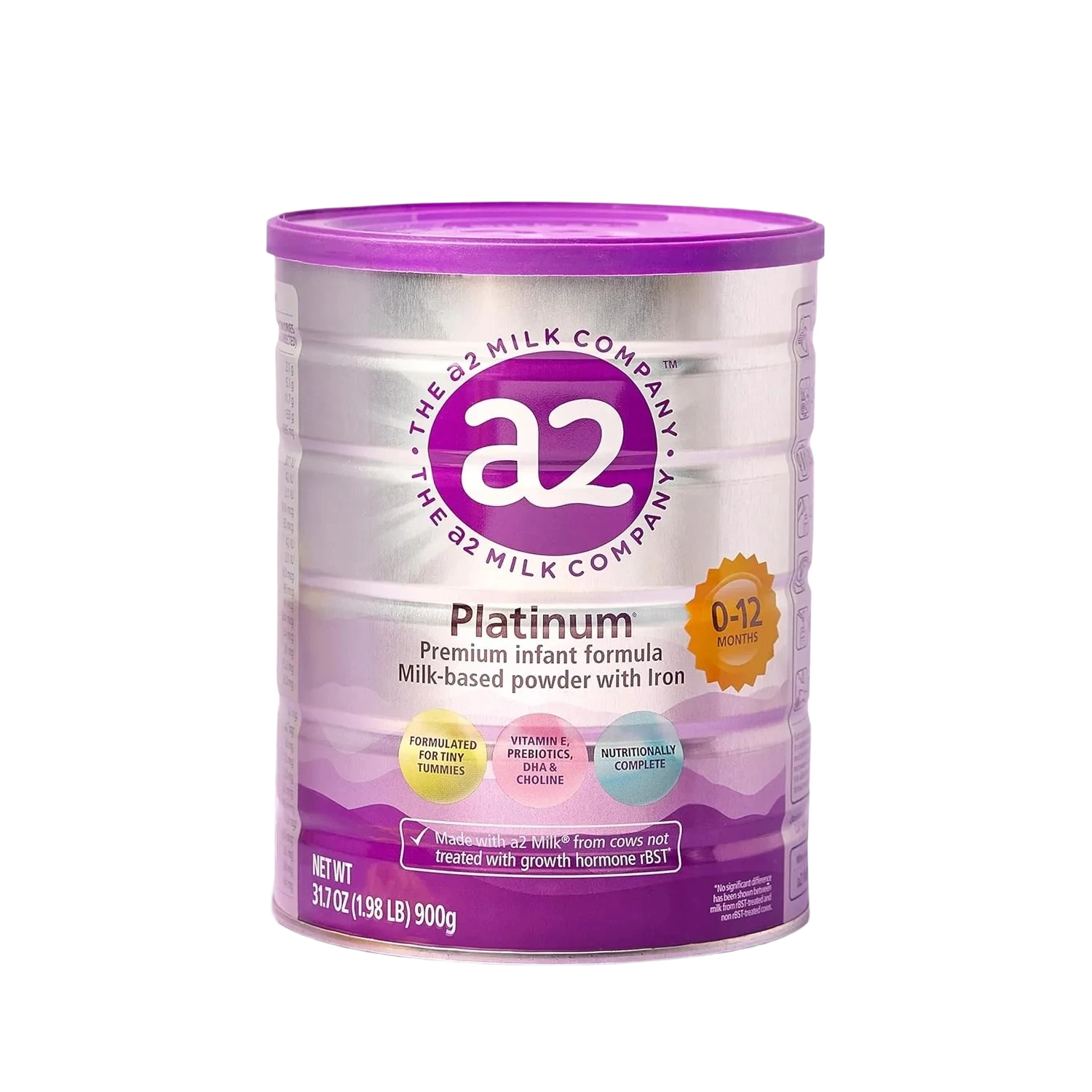a2 Platinum Premium infant formula Milk-based powder with Iron
formula • For 6-12 month old babies • Consumable 🍝
Product Images
Product Photo

Tap to enlarge
Ingredient List

Tap to enlarge
Can older babies eat a2 Platinum Premium infant formula Milk-based powder with Iron?
Check for Different Age (6 available)
Ingredients Analysis (54 found)
Common Questions About a2 Platinum Premium infant formula Milk-based powder with Iron
Safe for older babies? a2 Platinum Premium infant formula Milk-based powder with Iron
a2 Platinum Premium infant formula Milk-based powder with Iron is not recommended for 6-12 month old babies due to potentially harmful ingredients.
What ingredients should I watch out for?
We analyzed 54 ingredients in a2 Platinum Premium infant formula Milk-based powder with Iron. 3 concerning, 1 caution. Check the detailed analysis above for specific concerns.
Is this appropriate for older babies to eating formula?
The appropriate age depends on the specific ingredients. This analysis is for 6-12 month old babies. Use the age selector above to check other ages.
⚠️ Important Disclaimers
Product Recognition: Product names are identified by AI and may be incorrect. Always verify product identity yourself.
Safety Analysis: Evaluations are for research only - consult pediatricians for medical decisions.
No Guarantees: Results may be incomplete or inaccurate. Do not rely solely on this analysis.
